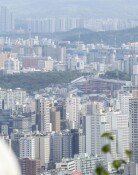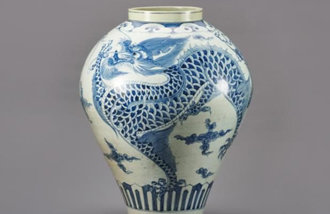[Op-Ed] Plastic Surgery Tax
The Strategy and Finance Ministrys imposition of a value-added tax of 10 percent on plastic surgery from July next year is sparking debate. The tax is not included in national health insurance. The ministry is reviewing five procedures to be subject to the tax -- double eyelid surgery, breast enlargement, nose job, facelift and liposuction. Many people get double eyelid surgery to celebrate college admission, a nose job after graduation, and a facelift when changing jobs. Given the prevalence of plastic surgery, it is understandable that the cash-hungry government has been eyeing this market. The new tax is expected to generate tax revenue of 80 billion to 100 billion won (65 million to 81.5 million U.S. dollars) a year.
The center of the controversy is whether plastic surgery is an act of value-added consumption. It is difficult to argue that not having a good appearance adds to an individuals competitiveness. According to the Federal Reserve Bank of St. Louis on the correlation between appearance and wages, an office worker with below average appearance is likely to earn nine percent less that their average counterparts. Someone above average in appearance is likely to get five percent more pay. In the same context, an obese woman is likely to earn 17 percent less than the average, and this tendency was also found among men.
A beautiful appearance is likely to raise an individuals chances of employment and marriage. According to a study by a job search Web site, 22.4 percent of 706 respondents underwent plastic surgery to heighten their chances of getting a job. Another study by a matchmaking company said that every time its female members climbed up a notch in the appearance hierarchy, the annual income of their potential husbands rose seven million won (5,700 dollars). Such findings make a convincing case that plastic surgery can change a persons life, let alone create added value. This is why certain European countries impose a value-added tax on cosmetic surgery.
Plastic surgery for some, however, is not just about enhancing outer beauty but about receiving therapy and medical treatment. It sometimes saves lives. If a woman considering suicide because of her flat chest gains confidence after getting her breasts enlarged, the procedures purpose is more than just make her beautiful. What qualifies as plastic surgery is also questionable. Dissenters are right to say penile augmentation, hair transplant, Lasik eye surgery and orthodontics should also be taxed. This debate has elicited profound questions on the nature of plastic surgery in a country obsessed with looking great.
Editorial Writer Chung Sung-hee (shchung@donga.com)







